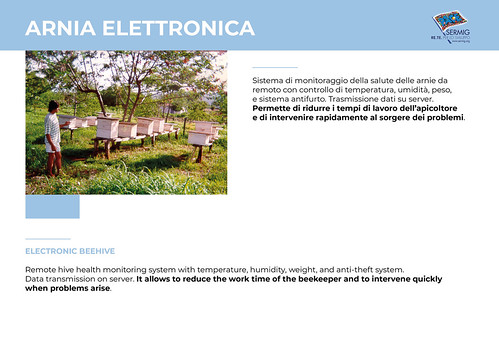Technology: Studies and Applications
Giorgio Ceragioli, a teacher at the Faculty of Architecture in Turin, was Sermig's teacher right from the beginning focused on finding solutions for a sustainable development that would use all the best practices available in science and technology to eliminate hunger in the world.
Below, before introducing the details of some scientific and technological studies and achievements of our Re.Te. group, we share with you a collection of some of his reflections, which have always accompanied our "method" of work and intervention. Some reflections:
Use all the experience accumulated over the centuries, and access all the technology and science available today: not to compete in the race for consumption, but to reach high levels of human development.
The encounter between very old and very poor technologies with new and scientific ones (computers and bicycles) is a hope for solving many problems of the poorest.
We cannot think that there is one and only solution; one and only technology. The suitable technologies (even intermediate, even simple, even poor) are our future.
With the help of technology, we can hope to expand life, conscience, love, truth, without dramatic fears of survival, in the serenity of being able to give bread to all, human dignity to all.
The information revolution could transform developing countries without the need for them to go through industrialisation and the difficulties of that development process... It is possible, if desired, to jump directly from pre-industrial to post-industrial development.
You have to trust man and his tool, technology: you have to use it to the full extent; it is necessary to study and work hard to bend it to uses of peace and not of war, of development and not of exploitation.
The "cultural revolution" must be driven by strong will: the will to limit consumption because without this will even microcomputers will be unable to feed everyone; willingness to fairly distribute the goods available because otherwise even robots will be used to exploit poor people and not to help them in development; the will to use technology, understand it, bend it to serve the real needs of man, to expand in the world - even with its help - life that is conscience, search for truth and love;
Waste is a useless consumption of energy (which in technical terms corresponds to an "unfinished increase in entropy").
I want to participate in the "revolution of the little ones": with them, all together, small and modest as we are. I'm afraid that, at the first climb, this desire will escape me. I would like the help of an escalator. But, perhaps, a rope that binds many of us together may be enough: when one is tired, ten others will pull instead and each one can overcome their own difficult section. This is the most important tool of the children's revolution.
This is one of the treasures of the world. And this is one of the most important tasks for man. Use everything he has at his disposal to finalize it for his own good and for that of other men. Discovering and knowing how to choose, from time to time, the things that are best needed in that case, the technologies that are the most appropriate.
The revaluation of manual work is, again perhaps strangely, another perspective of the new society, a perspective that new technologies allow us to present as positive and to be researched further.
Precisely for this reason school can become the privileged channel for the revaluation of manual work, to bring proposals to support a cultural transformation that re-establishes relations of justice and that recovers the creative and educational dimension of achievable manual work.
There are two fundamental knots for scientific development: the desire to know and the ability to choose.
The words "subdue the earth" have an immense scope. They indicate all the resources that the earth (and indirectly the visible world) hides in itself, and which, through the conscious activity of man, can be discovered and appropriately used.
This is the alternative for the future. Do not contain life to respect the alleged limits of the solar system's resources but use technology to place every gram of mineral, every molecule of energy, every intellectual capability at the service of man, of consciousness, of life, of love. This is the hope for the future: not to be dominated by technology but to dominate it on man's behalf.
On the basis of these reflections, you can find in these pages some studies and some technological applications that the Re.Te. del Sermig group has developed, tested and disseminated over the years in favour of Development. Sustainable and Possible.
















